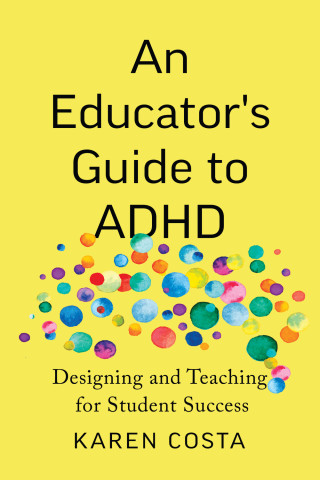
Reviews
I know many physicians who would like their own liaison psychiatrist in their pocket (in more ways than one). Those who work at Johns Hopkins now have just that. This book comprises the portable advice of the Johns Hopkins Professor of Psychiatry and Medicine to help physicians with some of the commonest psychiatric issues they encounter.
A very informative text that does an excellent job of introducing to some and presenting to others effective approaches to psychiatric and neurological symptoms... Provides practical, time friendly, concepts that would be usable after only the first read.
This brilliant book illuminates psychiatry more clearly than any other work I know.... This is the best (and the shortest) single volume on psychiatry that anyone could read.
Every psychiatry department, regardless of ideology, should build a course around this... work. Open-mindedness might become fashionable.
An elegantly reasoned and eloquently written book that enriches our understanding of clinical events.... [It provides] an opportunity to open our eyes to new possibilities.
Book Details
Foreword
Preface
Acknowledgements
Part I: Assessment and Explanation in Psychiatry
Chapter 1. The Mind-Brain Problem and a Structure for Psychiatry
Chapter 2. Factionalism: The Other Source of Disarray in
Foreword
Preface
Acknowledgements
Part I: Assessment and Explanation in Psychiatry
Chapter 1. The Mind-Brain Problem and a Structure for Psychiatry
Chapter 2. Factionalism: The Other Source of Disarray in Psychiatry
Chapter 3. Classification in Psychiatry and the Method of DSM-IV
Part II: The Concept of Diseases
Chapter 4. The Disease Perspective: Its Premises, History, Strengths, and Limitations for Psychiatry
Chapter 5. The Disease Concept Exemplified by Psychiatric Conditions with Known Neuropathologies
Chapter 6. The Disease Concept Applied to Psychiatric Conditions Without Known Neuropathologies
Chapter 7. Manic-Depression: A Disorder in the Affective Realm
Chapter 8. Schizophrenia
Part III: The Concept of Dimensions
Chapter 9. The Dimensional Perspective: Graded, Quantitative, Dispositional Distinctions
Chapter 10. Mental Subnormality: Distinctions Within a Dimensional Feature
Chapter 11. Temperament, Affective Dimensions, and Personality Disorders
Chapter 12. Emotions, Life Events, Traits of Temperament, and Treatment
Part IV: The Concept of Behaviors
Chapter 13. The Behavior Perspective
Chapter 14. Characteristics of Motivated Behaviors
Chapter 15. The Causes of Behavioral Disorders
Chapter 16. Treatment Principles for Behavioral Disorders
Chapter 17. Bulimia Nervosa: A Behavior Treated Through Stages of Change
Chapter 18. Hysteria
Chapter 19. Suicide
Part V: The Concept of Life Stories
Chapter 20. The Life-Story Perspective
Chapter 21. The Application of the Life-Story Perspective in Practice: Power, Process, and Pitfalls
Part VI: Practical Implications
Chapter 22. Practical Implications of the Perspectives
Chapter 23. Integrative Summary
Appendix: Reliability and Validity: The Process of Verification
Notes
Index





